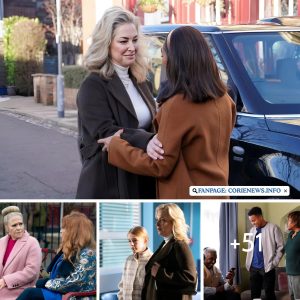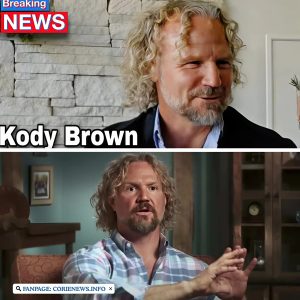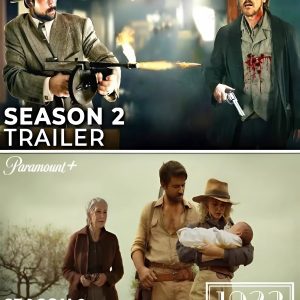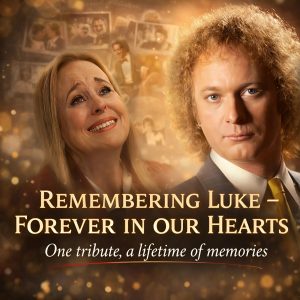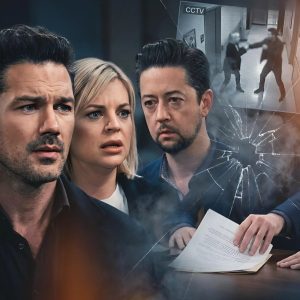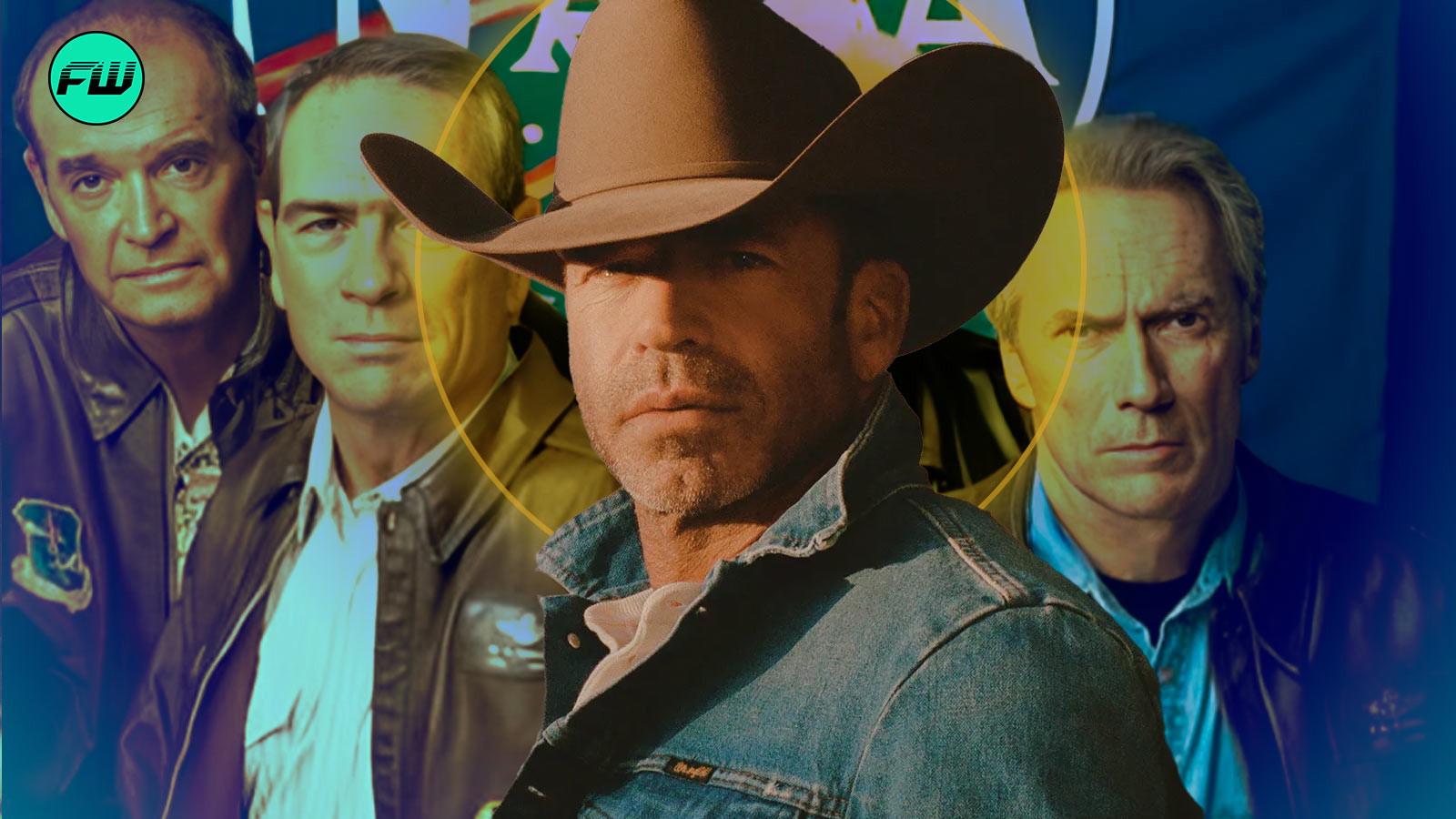
“There’s a romance to it… brutal and beautiful.” When Taylor Sheridan said that about the Western, he wasn’t waxing nostalgic; he was drawing a line in the dirt. Because somewhere between Clint Eastwood’s Space Cowboys getting a 78% on Rotten Tomatoes and Hollywood deciding cowboy hats were officially out of fashion, the Western was quietly shoved off its horse.
Sheridan didn’t just disagree; he dug in his spurs.
Sure, Westerns didn’t disappear. But they were treated like relics… probably good for costume parties. Sheridan saw something else: a genre gasping under the weight of lazy scripts and gimmicks. Yellowstone, and its grim, gritty cousins 1883 and 1923, weren’t just stories. They were a battle cry for American myth, personal codes, and landscapes that don’t lie. And in kicking that door open, Sheridan invited others, Peter Berg among them, to step back into the dust.
Taylor Sheridan wasn’t nostalgic; he was pissed
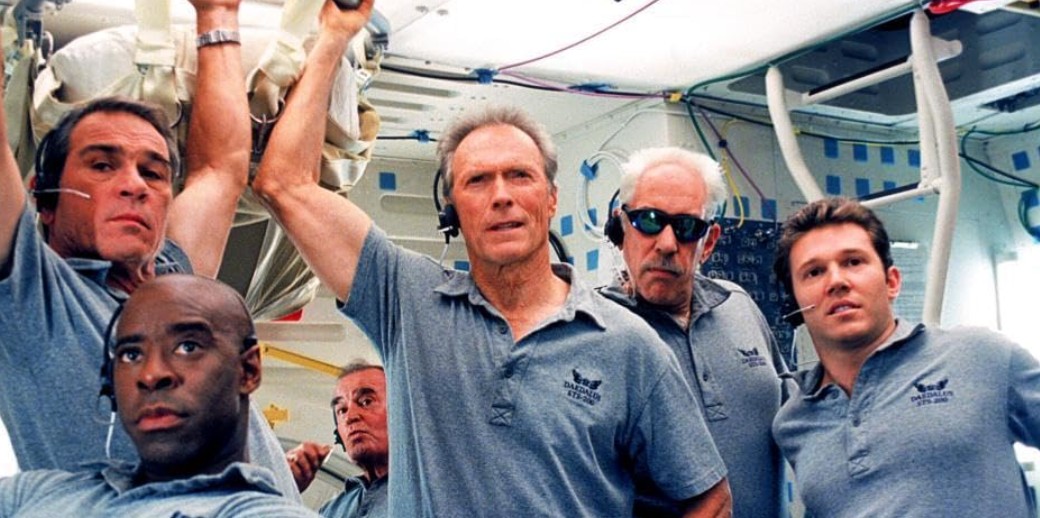
Space Cowboys (2000) | Credit: Warner Bros.
There’s a difference between being inspired and being provoked. Taylor Sheridan was the latter. He didn’t need charts, critics, or a studio greenlight to tell him the Western genre still had gas in the tank. “I just knew it,” he recently told GoldDerby. He believed that a well-crafted Western taps into something primal, something deeply human: freedom, trust, risk, and raw emotion. He wasn’t talking about shootouts or desert clichés. He was talking about the soul of the genre.
He nailed it when he said:
You get on a 1,200-pound animal, and that thing trusts you, and you trust it, and you run 40 miles an hour.
That’s not just a riding metaphor. That’s a creative philosophy. Trust the story. Trust the audience. Ride with purpose. When both sides believe in the journey, magic happens!
Sheridan wasn’t just patting himself on the back. He was calling out an industry that had lost its compass. Hollywood had decided the Western was outdated, especially after films like Clint Eastwood’s Space Cowboys (which scored a solid 78% but seemingly didn’t revive the genre). Sheridan recalled:
I remember there was an article written about the Western genre is dead, and it came out right after the movie Space Cowboys came out. And I remember saying, ‘No, the Western genre is not dead, but the sh-tty Western genre where you try to merge it with f–king aliens is dead. That’s dead, and there’s no reason to ever revive that.’
He knew the difference between cinema and content. One stays with you; the other disappears between trailers.
Taylor Sheridan’s humble truth: Why real stories outshine fancy tricks?
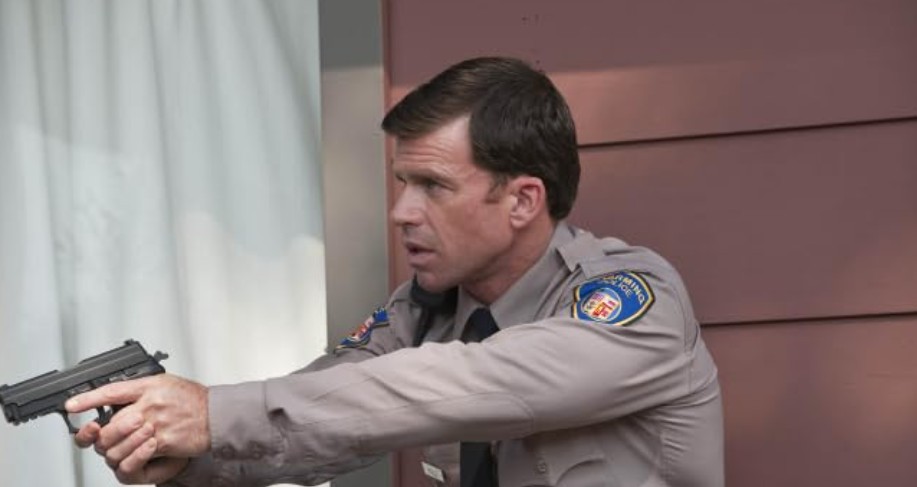
Taylor Sheridan in Sons of Anarchy | Credit: The Linson Company
And let’s talk about that humility. “I just don’t think I’m that unique,” Taylor Sheridan confessed in the same chat. It was him acknowledging a universal truth: authentic stories speak louder than fancy tricks. If something moves one person deeply, chances are it’ll move millions. He didn’t treat the audience like fools, and they rewarded him with loyalty.
I just don’t think I’m that unique. If something’s interesting to me, it’s probably going to be interesting to a lot of other people. I’m just not that f–king special.
An age-old proverb says, “You can’t shoe a wild horse with golden nails.” In other words, no amount of budget or special effects will fix a story that’s lost its spirit. Sheridan brought back the grit. The honesty. The weight. And in doing so, he didn’t just prove the Western wasn’t dead; he proved it had simply been gagged by people who didn’t understand it.
So when Yellowstone hit like a thunderclap, when 1883 and 1923 followed like freight trains, he wasn’t surprised. He was proving a point: If you respect the genre, the genre will respect you back!
Yellowstone carved out a new space where tradition met contemporary struggles. The show brought forward the emotional gravity of the Old West—loyalty, betrayal, and survival—while dressing it in a modern-day outfit of political intrigue, environmental battles, and personal codes that resonate with today’s audiences. It’s why Yellowstone hit like a thunderclap, drawing millions into the drama of the Dutton family and their sprawling Montana ranch.
Even Peter Berg tipped his hat to Sheridan’s craftsmanship but made it clear he’d rather ride bareback through thorns than trace another man’s blueprint.
Sheridan knows what many others forgot: Westerns aren’t about guns or horses. They’re about personal codes in a world losing its grip on values. They’re about the space between justice and vengeance, about the burden of land, legacy, and lineage.
